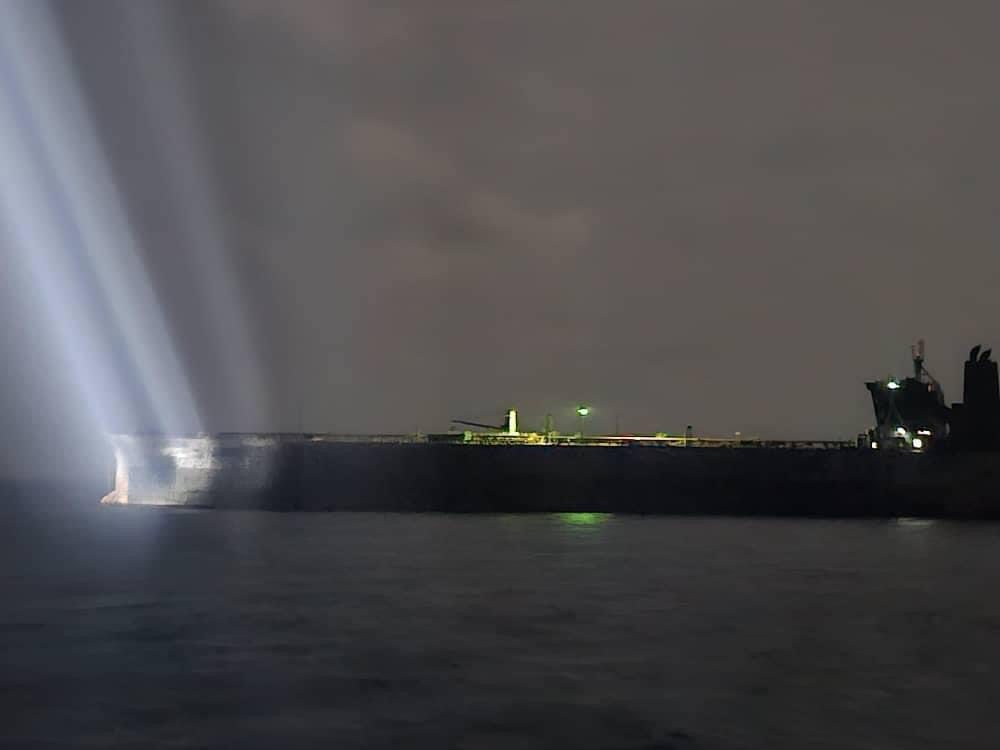 Class society ABS announces the release of its enhanced Guide for the Classification of Drilling Systems which provides a comprehensive approach to classing offshore drilling systems and their associated support systems.
Class society ABS announces the release of its enhanced Guide for the Classification of Drilling Systems which provides a comprehensive approach to classing offshore drilling systems and their associated support systems.
The Guide reflects the latest international offshore drilling practices and standards and incorporates feedback from industry stakeholders. The document references other applicable ABS Rules and Guides as well as relevant industry codes and standards. The Guide provides requirements for systems, subsystems, equipment or components from the wellhead to the top of the derrick.
“ABS’ approach takes a comprehensive look at operations of the various drilling systems, subsystems and components, as well as their integration,” says Bret Montaruli, ABS Vice President, Offshore Technology. “This is a significant change in that we have moved from a component-based approach to a systems-based approach in terms of design reviews and Rule requirements,” he adds.
The Guide specifies the engineering submittal requirements for drilling systems, subsystems, equipment and components. Updates have been made to include the latest drilling technologies and clarify the technical and survey criteria for systems and components.
Operators who comply with ABS requirements in this Guide for the Classification of Drilling Systems are eligible to receive the classification notation CDS.
The number of rigs ordered with the ABS CDS notation has tripled over the past five years. Currently over 70 rigs have been delivered with the CDS notation signifying that additional requirements have been met specific to the drilling system, its subsystems, equipment or components.
The ABS Guide for the Classification of Drilling Systems is available for download HERE (Publication #57).

 Join The Club
Join The Club












